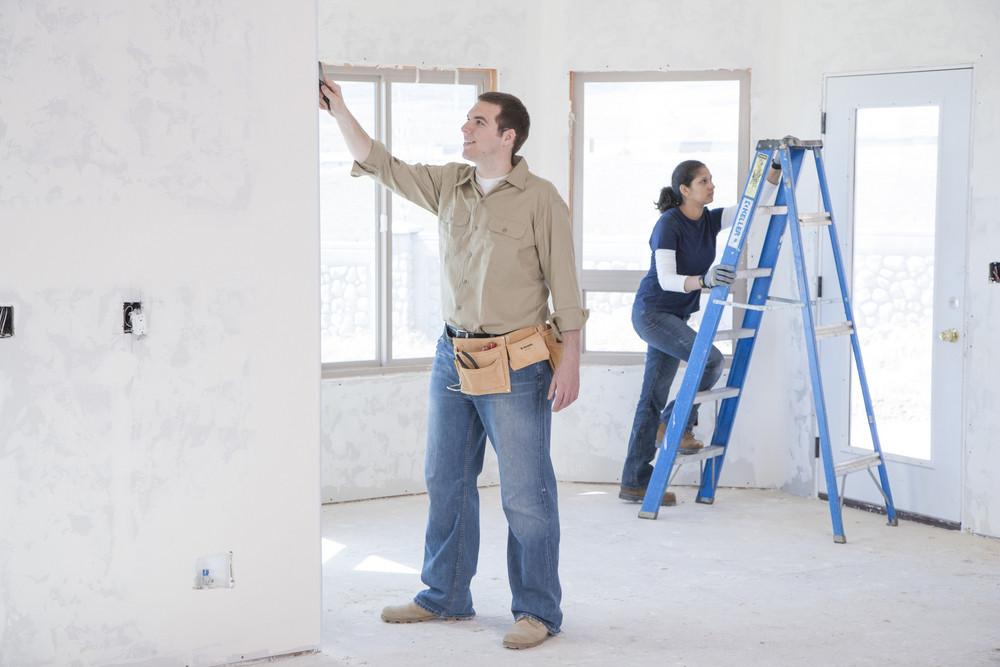Purchasing a home is one of life’s great milestones. Perhaps you are surveying the market to find the right home. While purchasing a home may seem overwhelming due to the vast amount of factors to consider, there are a few things you can do to simplify the process and ensure that everything goes smoothly. Here are some key tips to consider for first-time homeowners.
Build Up Your Credit
Having a strong credit score is important; as it helps you qualify for a lower interest rate on your mortgage. You can check your credit score by getting a free report from the major credit bureaus: Equifax, Experian, and TransUnion. Look for any past-due accounts while looking over your credit report. Past-due accounts that have been turned over to collections are damaging to your credit, especially when you’re trying to secure financing to purchase a home.
Try to improve your credit by paying off any large debt that you have. Also, focus on spending within your credit card limit. Paying all of your bills on time every month will also improve your credit score. If you notice any errors on your credit report, notify the bureau as soon as possible.
Establish An Emergency Fund
According to recent data, over 30% of home purchases in 2021 were made by first-time homebuyers. Many first-time homebuyers forget to set aside money for an emergency. Creating an emergency fund is important because owning a home is a significant financial investment. Your mortgage may cost less than rent, but you also have to factor in expenses such as home insurance. You’re also responsible for yearly home maintenance costs. For example, the average lifespan of a central air conditioner is around 15 to 20 years. When the AC unit breaks down, you’ll have to replace it. Creating an emergency fund means that you’ll have a safety net if you are forced to cover unexpected costs.
Assess Your Down Payment
Your down payment helps finalize the home-buying process. Putting down an all-cash payment is highly recommended. If you don’t have the financial resources to do that, try to contribute enough money towards a down payment, so your lender won’t force you to purchase private mortgage insurance.
Choose The Right Neighborhood
It takes time to find the ideal home, so try to get started researching different locations as soon as possible. Many real estate analysts recommend driving around areas at different times to get a feel for the entire neighborhood. It’s also important to think about the home features that are most appealing to you. For most people, it’s curb appeal. Good landscaping can increase your home’s value by 20%.
Research Multiple Lenders
Comparing quotes from multiple lenders can help you find an affordable mortgage. The top lenders have excellent communication and transparency. Make sure you examine the mortgage rates carefully. Look for potential hidden fees and ask about the late fees. It’s also important to explore the projected closing costs. Learning as much information as possible will help you make an informed decision.
Try To Get Preapproved
Lenders who preapprove you will send a letter that outlines the exact amount that you’ll receive towards purchasing a home. Getting preapproved greatly increases your chances of finalizing things. Be aware that most preapproval letters expire after a couple of months. It’s recommended that you move forward with the preapproval process as soon as possible if you have a debt of average credit.
Conduct An Inspection
Try to have your home inspected before moving in. Home inspectors will notify you about potential issues, so you’ll have the option to fix them, negotiate better rates, or walk away. It’s important to keep your options open during the inspection process.
The process of purchasing a home for the first time may seem overwhelming at times. However, these tips will things run smoothly. Happy buying!




